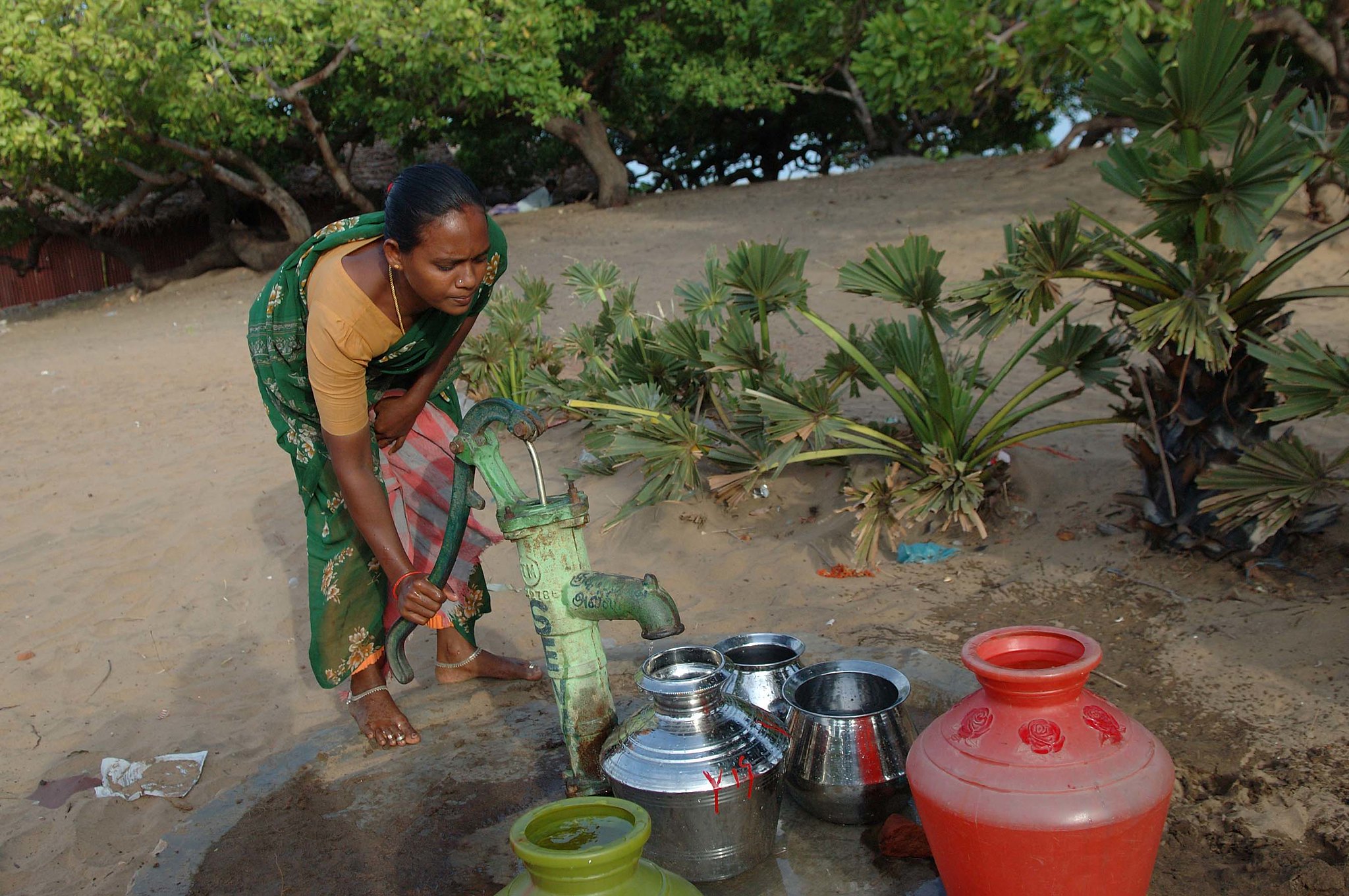Table of Contents
Introduction
Unpaid work refers to productive activities performed without pay, including own-use production, unpaid care and domestic work, and volunteer work. On ILOSTAT, this page provides conceptual information, methods and analysis related to unpaid work; data availability is currently limited to volunteer work, which is presented separately.
The different forms of work identified within the framework include employment, own-use production work (activities people do to produce goods and provide services for their own use) as well as other unpaid activities such as volunteer work and unpaid trainee work.
Another significant development is the recognition within the statistical standards that individuals can be engaged in multiple forms of work in a single period of time, for example caring for children, working in a paid job and/or doing voluntary work. When applied, the standards create the potential for a far more holistic view of people’s work, how work is allocated within households, and the interaction between labour market engagement and different types of working activities.Unpaid work is an everyday feature of everyone’s life, in all households and societies. Its role in supporting the well-being of individuals, households and communities is indisputable. It can take the form of goods and services provided within households and families, or provided to others through volunteer work or other unpaid activities.
Despite this, unpaid work can remain invisible, both in policies and statistics. However, recognition of its importance and the need to understand its nature and role has been increasing. One reflection of this has been the inclusion in the Sustainable Development Goals of a target to recognize and value unpaid care and domestic work (Target 5.4) under Goal 5 on Gender Equality. In setting this target, the 2030 Agenda aims at tackling persistent gender inequalities in paid and unpaid work, as a necessary foundation for inclusive growth and development.
Download the Unpaid Domestic and Care Work (UDCW) social media kit to share content on this key topic in your social networks.
| Indicator | Frequency | Database | Subject | Download (with labels) | Download (with codes) | Data explorer |
|---|---|---|---|---|---|---|
| Number of volunteers by sex and type of volunteer work (thousands) | Annual | Work Statistics 19th ICLS (WORK) | Unpaid work | .csv .dta .xlsx | .csv.gz | |
| Number of volunteers by age and type of volunteer work (thousands) | Annual | Work Statistics 19th ICLS (WORK) | Unpaid work | .csv .dta .xlsx | .csv.gz | |
| Volunteer rate by sex and type of volunteer work (%) | Annual | Work Statistics 19th ICLS (WORK) | Unpaid work | .csv .dta .xlsx | .csv.gz | |
| Volunteer rate by age and type of volunteer work (%) | Annual | Work Statistics 19th ICLS (WORK) | Unpaid work | .csv .dta .xlsx | .csv.gz |
Latest posts
Projects
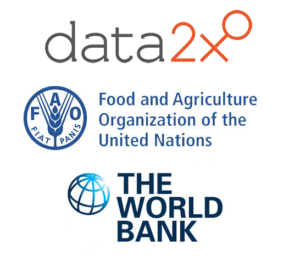
In 2014, the ILO partnered with the Food and Agriculture Organization and the World Bank under the Women’s Work and Employment Partnership, supported by Data2X, with the overarching goal of addressing challenges in measuring work and employment to ensure that women are counted. The partnership supports research in two core areas: subsistence production and unpaid care work.
Project activities currently focus on designing a testing strategy for providing evidence on what works and for contributing to global work on Time-Use statistics under the leadership of the United Nations Statistics Division.
Methods
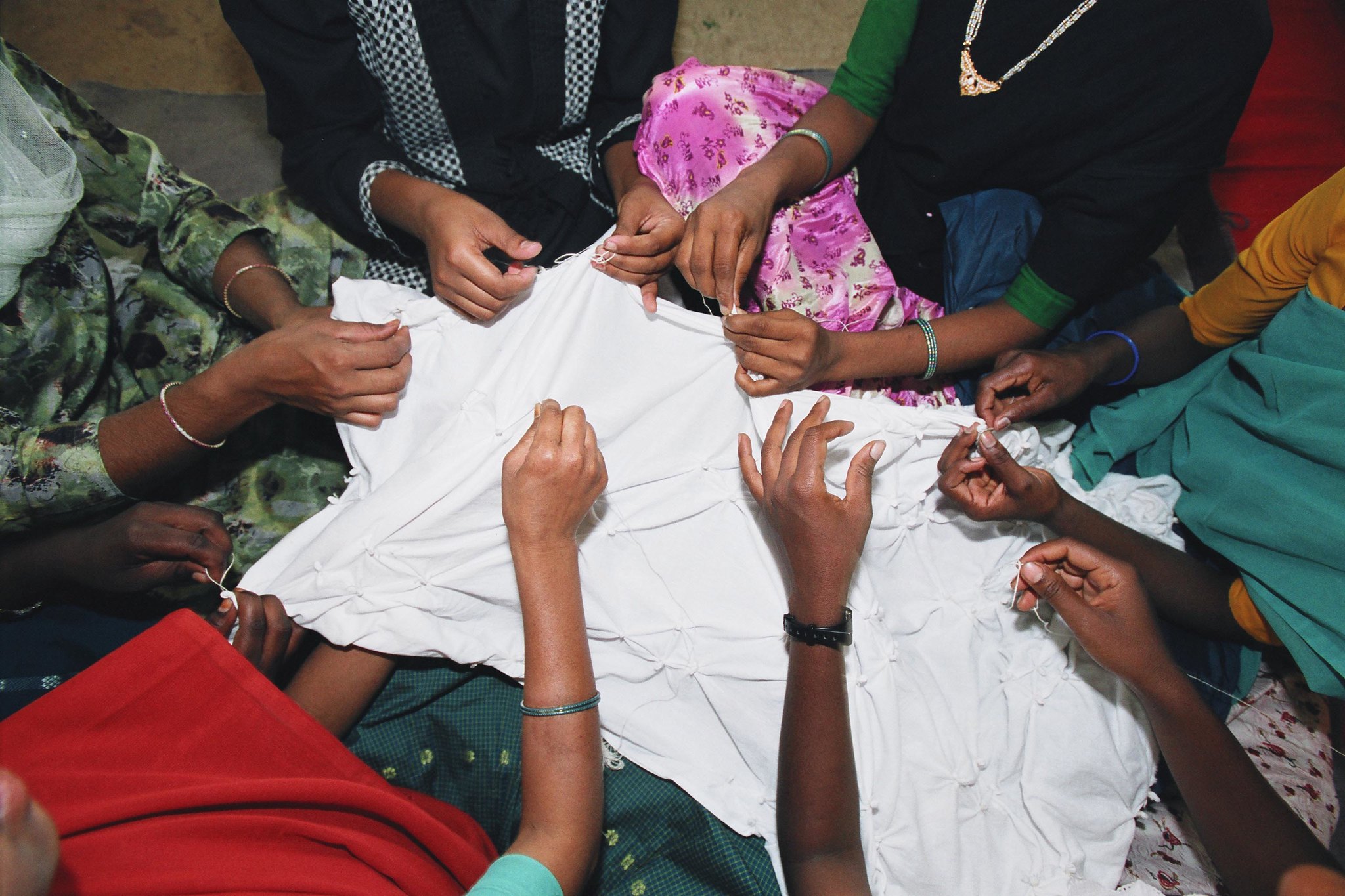
Work Statistics – 19th ICLS (WORK database)
Concise description of concepts and definitions, uses, sources and limitations for (paid and unpaid) work statistics based on the 19th ICLS standards.

Forms of work: An overview of the new statistical standards
An introduction to the conceptual frameworks for forms of work and labour force statistics, including labour underutilization.
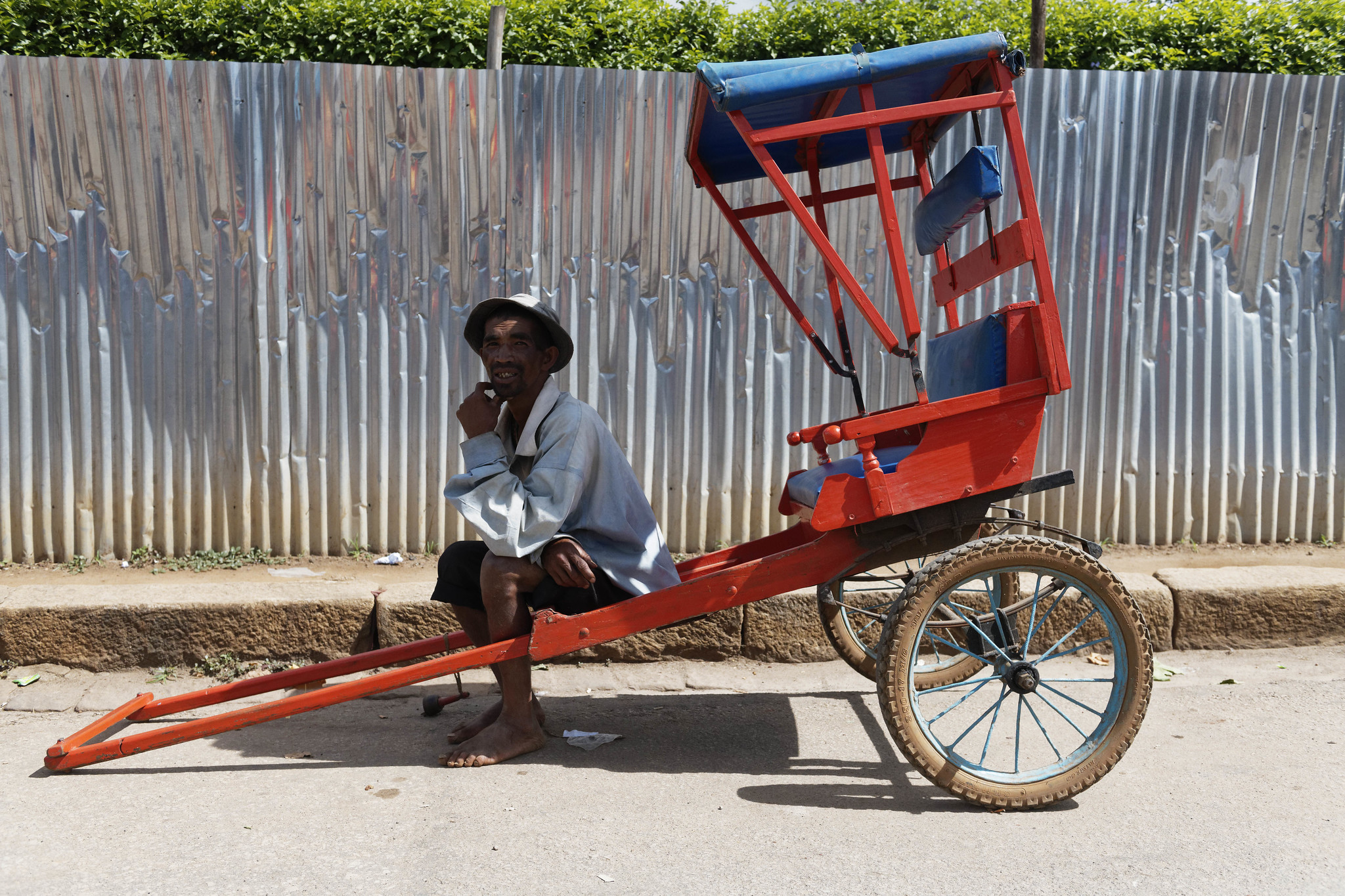
International Classifications of Status in Employment and Status at Work (ICSE and ICSaW)
See the latest international classifications for all forms of work and for employment according to type of authority and economic risk.

Own-use provision of services: Measurement guide
This guide provides guidance on implementing the ILO add-on module for own-use provision of services (OPS) in national labour force surveys. It is aimed at low- and middle-income countries and is designed to support NSOs to produce statistics on OPS when resource constraints or other considerations impede an independent time-use survey.

Capturing impacts on employment and unpaid work using Rapid Surveys
Lack of data on how households and workers are being impacted by the pandemic can severely affect the formulation of programmes and policies aimed to help those most in need. In times of crisis, rapid surveys may be an alternative source of information where official household surveys such as LFS have been halted or postponed. This note provides modules for rapid surveys to shed light on the COVID-19 impacts on paid and unpaid work.
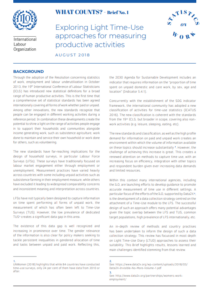
Exploring Light Time-Use approaches for measuring productive activities
The ILO has launched efforts to develop guidance to promote accurate measurement of time use in different settings. A particular focus is the development of a data collection strategy centred on the attachment of a Time-Use module to the LFS. The successful design of such an approach offers many potential advantages given the topic overlap between the LFS and TUS, common target populations, high prevalence of LFS internationally, etc. An in-depth review of methods and country practises has been undertaken to inform the design of such a data collection strategy. This review has focussed in most depth on Light Time-Use Diary (LTUD) approaches to assess their suitability. This Brief highlights results, lessons learned and main challenges identified stemming from that review.
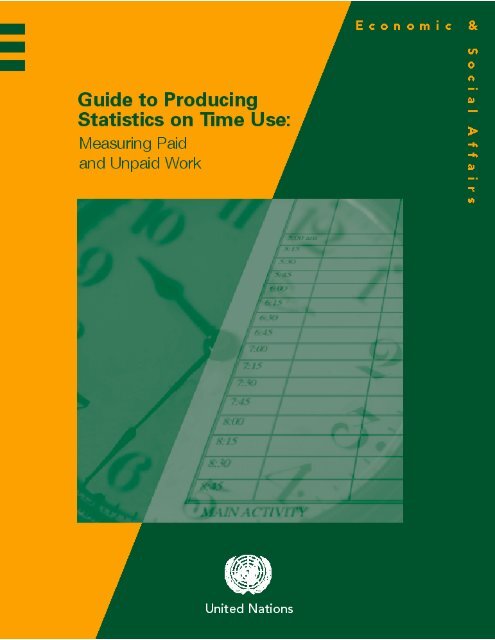
United Nations Guide to Producing Statistics on Time-Use: Measuring Paid and Unpaid Work
The purpose of the guide is threefold. First, it is conceived as a reference tool for countries interested in conducting time-use surveys. Second, it is aimed at facilitating the harmonization of methods and practices in collecting, processing and disseminating time use statistics. Finally it is meant to solicit comments and suggestions on the trial International Classification of Activities for Time-Use Statistics (ICATUS) which will subsequently be revised and ultimately presented for adoption as an international standard classification.
Publications
Note: Many publications are available only in English. If available in other languages, a new page will open displaying these options.

The impact of care responsibilities on women’s labour force participation
This brief provides a detailed overview and analysis of the new ILO global and regional estimates of persons outside the labour force due to care responsibilities.
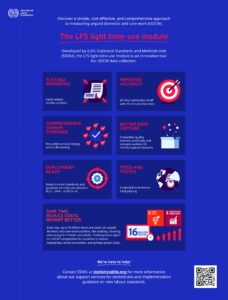
Unpaid Domestic and Care Work Social Media Kit
These communication materials are designed to support outreach and dissemination on unpaid domestic and care work.

Care work and care jobs for the future of decent work
This report takes a comprehensive look at unpaid and paid care work and its relationship with the changing world of work. A key focus is the persistent gender inequalities in households and the labour market, which are inextricably linked with care work.



